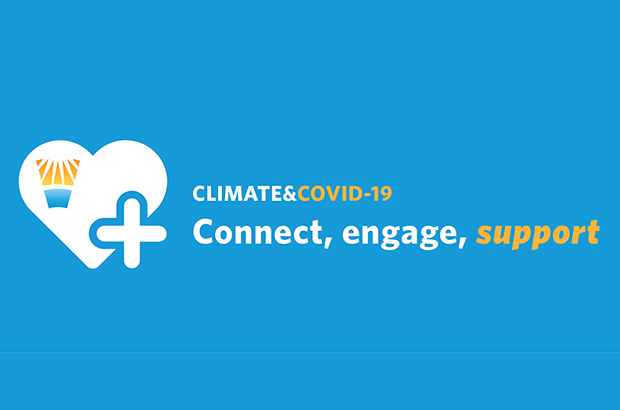Content Warning: Sexual Assault, Police Violence
The impacts of both climate change and the spread of COVID-19 are felt and borne unjustly by communities of color, folks with lower incomes, and other vulnerable people, including those who are unsafe at home.
We have been sending these emails about ways to support a Just Recovery to COVID with the goal of connecting you to important work that other communities and organizations are doing to help those most impacted--as the links between the suffering now with the pandemic and the climate impacts are deeply entwined.
This week, we’d like to turn your attention to the striking farmworkers, share resources for survivors of sexual violence and share tools for undoing racism--all needed resources to move towards a clean and just future for all.
While we work for climate resiliency, we also need to help all people recover from this pandemic, we need to give our frontline workers and most vulnerable communities all the support they need and contribute to the movement for racial justice.
Support striking farmworkers
Fruit pickers in the Yakima Valley are striking over inadequate protections for workers during the pandemic - employers have been denying simple requests like allowing for the necessary 6 feet of social distancing, $2/hr hazard pay, basic personal protection equipment and other safety measures. Considering Yakima County has the highest single-county infection rate anywhere on the West Coast, this strike is exceptionally urgent. While Governor Inslee has issued new protections for the workers starting June 3rd, there is still more that the agricultural industry needs to do for workers. They deserve safe and socially-distant transportation and housing while doing the essential job of harvesting food.
Donate to programs serving survivors of sexual violence
To work for a safe planet, everyone should be able to be safe around others that they share space with - be it at work or where they live. People of all genders and socioeconomic backgrounds can and do experience sexual violence, and the majority of victims are targeted by someone they already know. The travel and social restrictions imposed in response to the COVID-19 pandemic have increased isolation, which is a vulnerability frequently exploited by abusers. And, research reveals that increasing temperatures and extreme weather events lead to increases in domestic abuse and gender-based violence. Worldwide, programs serving victims of crime have reported a major increase in calls for assistance, and these organizations rely heavily on private donations to keep their doors open.
Find your local advocacy program:
If you have experienced sexual violence and are seeking support, use a safe phone to call the National Sexual Assault Hotline at (800) 656-4673.
Take Anti-Racist Action in Your Life
This week has been filled with more tragic headlines about racism in our country, especially surrounding the murder of George Floyd by a Minneapolis Police Officer and the racist 911 call against an African American bird-watcher in Central Park. Similar to how rates of COVID-19 are higher with communities of color, African Americans are disproportionately targeted and affected by police violence. We know that in order for society to have a just transition away from fossil fuels and address long-embedded inequities with communities of color being impacted first and worst by pollution, we will have to examine many of the historical wrongs, including deliberate systemic violence to non-white Americans. Start by reading the suggestions in this great article in Teen Vogue.
Best wishes to you, your family and community.



